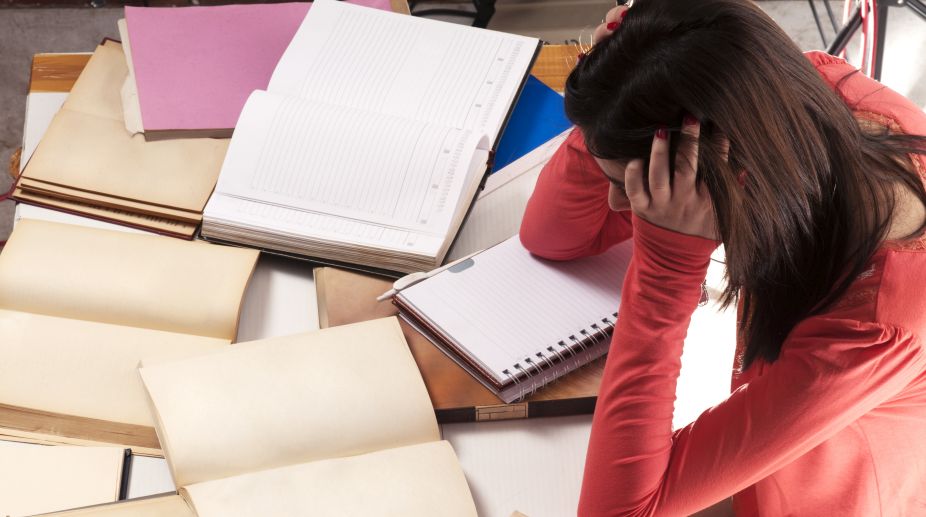In this digital age, our phone and computer screens demand our attention every other second. Even in our sleep we’re kept distracted by a heap of things that has everything to do with both personal and professional lives.
Well, your concerns are valid because there's so much to catch up on.
However, slowing down a bit will not cause harm. You need to train your brain to focus better.
This requires consistent effort. Get your mind to believe that it can do the unthinkable.
- Disable notifications: When you hear a notification your brain immediately wants to switch focus and see its immediate attention. But, here’s the deal. Exercise some self-control by switching off notifications on both your phone and office communicator. Set a target of going 15 minutes without getting distracted by your devices and then prolong it to another 30 minutes. You will notice that with time you will have greater control over how you function.
- Set a time during the day to respond to emails: When you start responding to emails as soon as they reach your inbox, you tend to lose focus. Getting back to what you were initially doing then not only takes a little longer for you to re-focus, but also finish it with as much concentration. A way out of it is to set up 30 minutes or so just to respond to emails because not every email requires an immediate response. Besides, you don’t need to set your day as per the schedule of others. They too will realise that you aren't available round the clock.
- Start early, finish challenging tasks in the first half of the day: Reach office earlier than you would and get around to completing challenging things first. This way you know what needs your attention first thing in the morning. Once you do this, you will find a sense of accomplishment taking over which keeps you motivated and upbeat.
- Make a list of “unimportant tasks”: When you realise you've begun procrastinating then make a to-do list of seemingly less important tasks. Stick it on your board and wire yourself into checking those off your list. This way you will spend less time whiling away and utilise time productively. Understand this is a small exercise of refocusing when your mind wants to meander in different directions.
- Take short breaks: Go out for a walk to revive yourself, meet your colleagues for a coffee break. Take a five-minute break every half an hour and a longer one every two hours. Sticking to your desk proves nothings, especially when you know you’re probably just wasting time doing nothing and are also getting tired mentally and physically. Think of this break as a reward for working distraction-free.
Ultimately, your goal is to not stay focused 24/7, but go distraction-free for short durations that help you complete more work. You will notice a considerable difference in your productivity.
The writer is content developer, work better.











